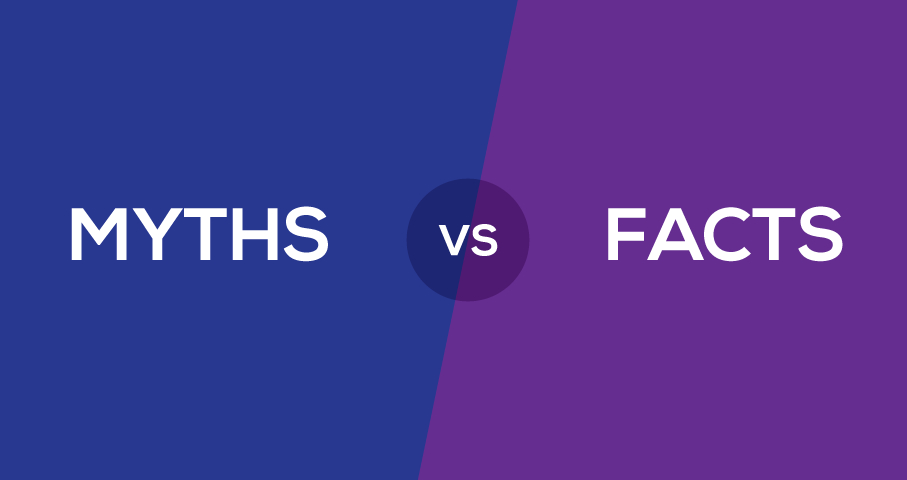
Like a broken record playing on repeat in Canada (perhaps throughout many parts of the world even), we regularly hear that the wealthy should pay more tax. This blog isn’t an opinion on the matter but rather a missing narrative that we believe more Canadians should have for some perspective.
According to Stats Canada, the 2019 average full-time weekly earnings was $1,156.10 for BC which is about $60,000 per year. From this, using 2019 tax rates for an individual in BC, an individual employee would pay the following taxes:
- Canada Pension Plan (CPP) $2,750
- Employment Insurance (EI) $860
- Income Tax $10,000
If you were a self-employed sole proprietor and earned the same as an employee, you would pay:
- CPP $5,500 (yes double; self-employed pay both employee and employer portions)
- EI is optional; will assume $0 here
- Income Tax $9,500 (slightly different than an employee because the employer portion of CPP is a deduction for tax purposes like it would be for all employers)
This results in an employee paying 22.68% in taxes ($46,000 remains after tax) while a self-employed individual pays 25% ($45,000 remains after tax).
Next, we add the taxes we pay for our daily living requirements and spending. Property tax (city services include police, fire, public transit and schools) and utilities (water, sewer, garbage), whether you own and pay it directly or rent and pay it indirectly, they are both forms of taxes.
Using a Coquitlam home worth about $800,000, as an example, pays property taxes of about $2,700 and utilities of about $800. Assuming you have a spouse to help with the costs, we will use half of these amounts for our example which takes your total taxes to 25.6% and 28% for employed and self-employed, respectively.
This leaves about $3,600 per month. GST (5%), sometimes PST (7%) too, is then paid on many items including hydro, gas, cell phone, internet and cable, clothes, vehicle repairs and gas, vehicle purchase or lease, certain groceries, etc. Assuming half is spent on these items, another $2,600 per year in taxes is paid.
The total taxes increase to 30% and 32.25% for employed and self-employed, respectively. Keep in mind this does not even take into account other provincial (BC) tax rates that are paid on things like alcohol (10%), parking tax (24%), hotels and accommodations (8%), cigarettes, gas (non-GST tax), etc.
Almost 1/3, if not more depending on your spending, of your income goes to taxes. WOW!!!
Now let’s take an individual employee who makes $250,000 a year. CPP and EI are the same but the income tax increases to about $90,000. The starting tax percentage on income with just the basic deductions is 37.4%.
As this individual makes more money, we will also assume that the value of their home is higher at $2,000,000 so their property tax is now about $6,800, with no change to the utilities at about $800. Continuing to assume a spouse pays half, we will only add half to the example. The tax rate increases to 39%.
Food for thought…this individual gets nothing extra from the city services for paying 2.5x more in property tax compared to the individual who owns an $800,000 home.
Again, assuming this individual spends half of their remaining income on living expenses that have GST & PST, another $9,000 in taxes are paid per year, increasing the total tax to 42.5%. This does not factor in that this individual is likely driving a more expensive car too and paying 10-20% instead of the usual 7%.
Let’s recap.
An individual who makes $60,000 pays taxes of about 30% (approx. $18,000).
A self-employed individual who makes $60,000 pays taxes of about 32.25% (approx. $19,000).
An individual who makes $250,000 pays taxes of about 42.5% (approx. $106,000).
Employee |
Self-Employed |
Employee | |
CPP |
$2,750 |
$5,500 |
$2,750 |
EI |
$860 |
$0 |
$860 |
Income Tax |
$10,000 |
$9,500 |
$90,000 |
Property Tax & Utilities |
$1,750 |
$1,750 |
$3,800 |
GST & PST |
$2,600 |
$2,600 |
$9,000 |
Total Approximate Taxes |
$18,000 |
$19,000 |
$106,000 |
Overall Tax Rate |
30% |
32.25% |
42.5% |
From where we stand, it looks like those who make more money, DO pay more tax.
What this example does not consider is that the person making $250,000 might have the ability to contribute annually to RRSP’s of about $26,000 per year which would decrease their total taxes to about $77,000, for an overall tax rate of 37%. But it also doesn’t factor in whether either individual is an employee with a pension plan that would lower their tax rate too.
Seems to us that the wealthy ARE paying more tax and it is just a MYTH that they do not. Obviously, there are always individual situations and circumstances that may differ but in general, we would beg to differ.
With taxes continually increasing on all fronts, perhaps the conversation should be how do we get each level of government (federal, provincial, municipal) to spend our tax dollars better?
***This blog is for information only and not to be used as tax advice or planning without first seeking professional advice. Information is subject to change without notice.
